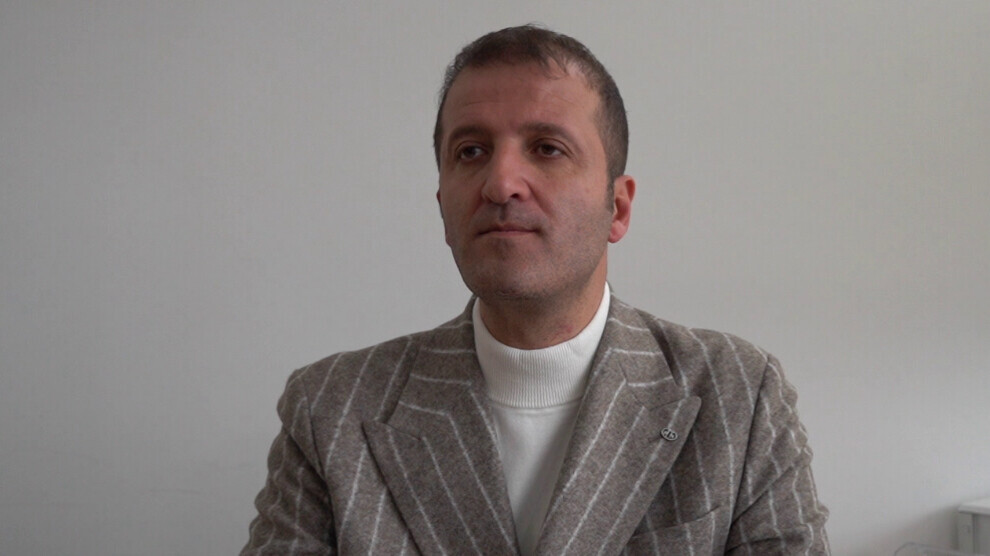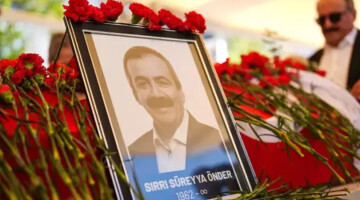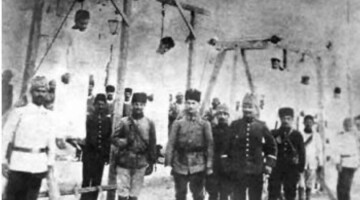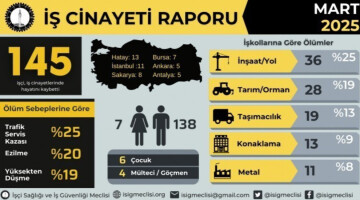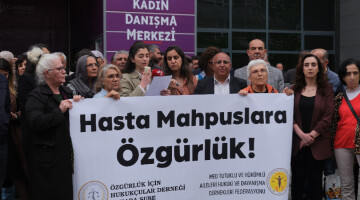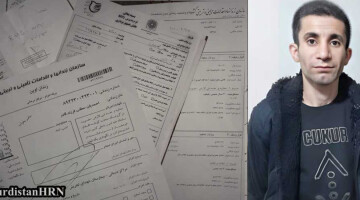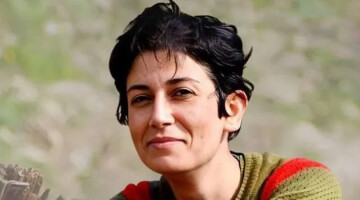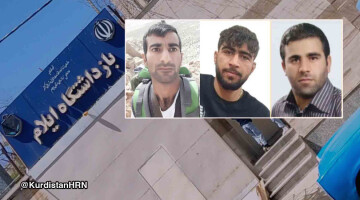Murat Aba is the Amed representative of the Human Rights Foundation of Turkey (TIHV). In an interview with ANF, he pointed out that despite four months having passed since the Council of Europe’s Committee of Ministers set a one-year deadline, the Turkish government has not taken any positive steps. He said that the AKP government is using the 'right to hope' as a tool of political pressure.
On March 18, 2014, the European Court of Human Rights (ECtHR) ruled that sentencing Abdullah Öcalan to aggravated life imprisonment without the possibility of parole violated Article 3 of the European Convention on Human Rights (ECHR). Despite this ruling and the ten years having passed, no steps have been taken to review the sentence in accordance with the 'right to hope'. The Council of Europe’s Committee of Ministers set a one-year deadline for the Turkish state in its September session to implement the necessary legal regulations.
Murat Aba said: 'This right refers to the possibility for a person to be released after serving a certain period in prison.'
Turkey refuses to implement the ‘right to hope’
Aba stated that Turkey has not taken any positive steps to implement the 'right to hope'. He continued: "Unfortunately, the 'right to hope' is not being implemented in Turkey. After ten years, the Council of Europe’s Committee of Ministers granted the Turkish government a one-year deadline, until September 2024. However, nearly four months have passed since this decision, and there has been no progress or assessment on the matter. As legal professionals, we believe that the 'right to hope' is a fundamental legal principle and should be discussed within a legal framework. This right must be applied to every individual without exception or conditions."
Aba added: "Unfortunately, this issue is being debated so intensely because one of the affected individuals is Abdullah Öcalan, along with Hayati Kaytan, Emin Gurban, and Civan Boltan. Despite seeing the situation in Turkey, the Council of Europe has not enforced any regulations. Instead, it keeps granting additional deadlines or simply expressing concerns, calling the situation unacceptable. Our fundamental demand is that if Turkey seeks to join the European Union, it must have legislation that aligns with EU standards. From a legal standpoint, it must also comply with international human rights law and the ECHR. However, Turkey refuses to implement this right and instead treats it as a bargaining chip. As legal professionals, we argue that this should not be the case and that the 'right to hope' must be upheld."
The failure to implement this right has become a social issue
Highlighting that the AKP government is trying to use the 'right to hope' as a tool of political pressure, Murat Aba stated: "There is no legal basis for Turkey’s refusal to recognize the 'right to hope.' The government periodically uses it as a bargaining chip. Unfortunately, the European Union has not imposed any sanctions on Turkey regarding this matter, so Turkey feels emboldened to ignore these rulings. Opinion leaders, civil society organizations, and legal professionals must keep the 'right to hope' on the agenda. This is a universal right. It is essential to raise awareness in society that this is not just a legal issue but a social one. We must undertake a collective effort to ensure this right is recognized."

